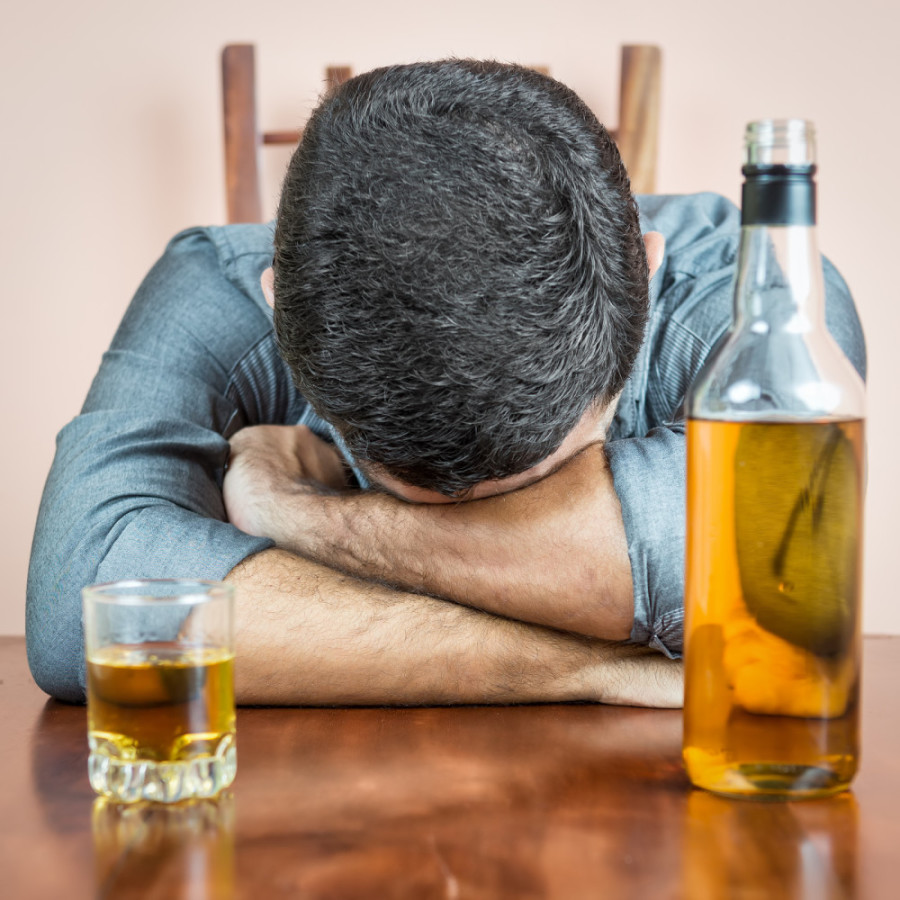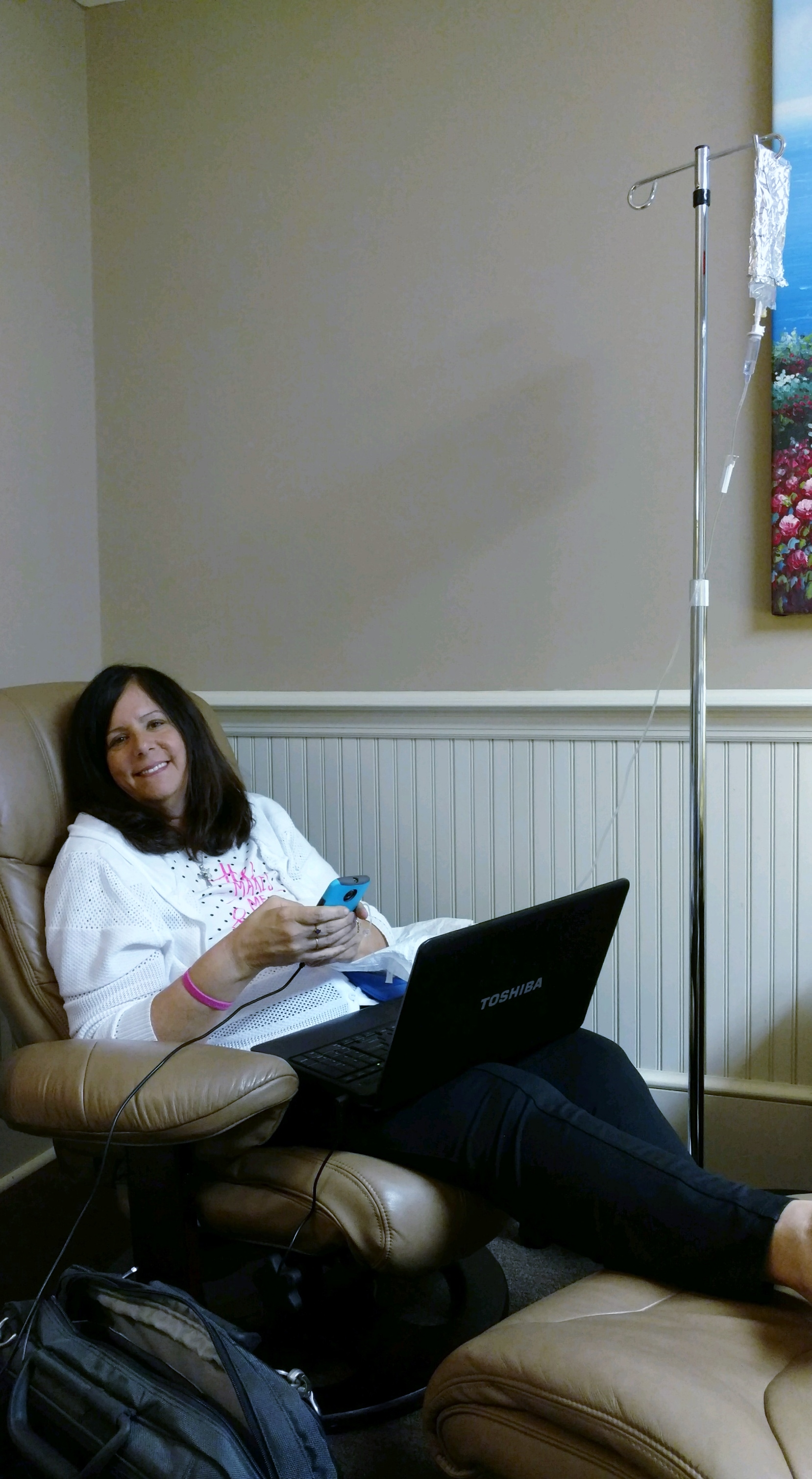Lung cancer risk factors

Lung cancer risk factors are not far away from you. They include some of the substance you love most
Lung cancer risk factors: When life is threatened by cancer’s sting
I know that at the mere mention of the name cancer when the doctor is examining your health, you are likely to frown even if the doctor was not referring to your case. This is because cancer is a disease that scares everyone including people who may have an idea of what the lung cancer risk factors are. Take for example when a member of the family is down with cancer everybody is the concern. Many will wonder that if cancer is in the family and it is hereditary who is going to be the next victim or casualty? These concerns are justified and therefore it is only important that we do all we can to reduce the risk factors as much as we can. What can be avoided should and must be avoided so that we do not find ourselves in this state of panic. A risk factor for lung cancer is anything capable of increasing one’s chances of getting lung cancer. It is important at the onset to understand that having one or more of the risk factors is not a conclusion that one is definitely going to contract lung cancer it is not always the case. There are just indications of risks and not finality, as a matter of fact, one may portray a number of these factors but is still free from cancer while one who did not have any of the risk factors end up being diagnosed with lung cancer. I am put a lot of emphasis on this so that you are not scared in any way.
Lung cancer risk factors: Smoking
In order to understand this better, we spoke to doctor Dalal Akoury MD a veteran addiction expert for over two decades now and also the founder of AWAREmed health and wellness resource center. And in her evaluation cigarette smoking is one of the major risk factors for lung cancer even though it is not automatic that if you are smoking you will definitely get lung cancer, not at all, it only means that you have higher risk but not definite. Back to the discussion, as a risk factor it is estimated that out of a total of 100, 85 lung cancers are directly related to cigarette smoking be it cigars or pipe smoking all increases one’s risk for lung cancer. Smokers must be educated about the dangers of smoking because their risk of getting lung cancer increases depending on the quantity and the duration of smoking.
Quitting smoking lowers your risk for getting cancer. The good news about all this is that your risk will go down even if you partially stop, like if you are used to smoking one packet of 40 sticks of cigarette daily and you reduce it by half this reduction will go a long way in reducing your risk of getting lung cancer. Even though there will be reduction even on partial quitting it will be much better if you quit completely. That is why we want to encourage you to always seek professional help from doctor Akoury from time to time. Remember that these risks are all inclusive of the secondhand smokers. So waste not time and schedule for that appointment now.
Lung cancer risk factors: When life is threatened by cancer’s sting
http://www.integrativeaddictionconference.com/wp-admin





